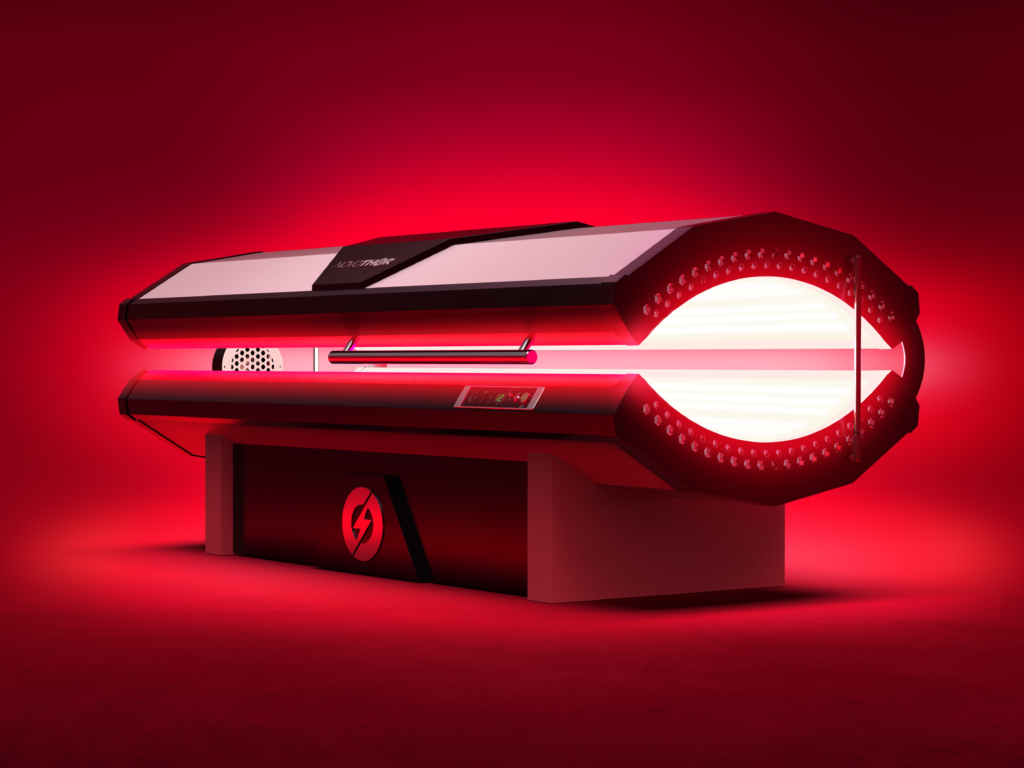Seasonal Affective Disorder (SAD), also known as seasonal depression, is a mood disorder brought on by seasonal changes. SAD usually begins in the late autumn and lasts until the winter, making you irritable with mood swings.
As the months get cooler and darker, it’s natural to feel a little down when you spend more time indoors or are simply stuck inside. As a result, you may develop a more common and milder form of SAD known as the “winter blues,” which can cause you to feel more unhappy than usual.
Unlike ‘Winter Blues’, full SAD is more severe given that it is a type of depression. It can affect how you feel and think, and your ability to enjoy all aspects of your life, including work.
Fortunately, there are treatments that can assist you maintain your motivation and mood. Some of the treatments that can assist you through this difficult time include antidepressants, talk therapy, and light therapy or photobiomodulation.
Symptoms of SAD:
- Lack of energy
- Difficulty concentrating
- Not wanting to see people
- Feeling sad, low, tearful, guilty, or hopeless
- Feeling anxious, angry, and agitated
- Being more prone to physical health problems, such as colds, infections, or other illnesses
- Sleeping too much, or difficulty waking up (common with SAD in winter)
- Sleeping too little, or waking up a lot (common with SAD in summer)
- Changes in your appetite, for example, feeling hungrier or not wanting to eat
- Losing interest in sex or physical contact
- Suicidal feelings
- Other symptoms of depression
What causes seasonal affective disorder (SAD)?
While it is still unknown what specifically causes SAD, scientists believe that some of the factors may include:
- Biological clock change: Your internal clock regulates your hormones, mood, and sleep patterns. Your biological clock changes as the amount of sunlight decreases, you may be out of sync with your usual daily schedule, with this a struggle may occur to adjust to changes in daylight length.
- Serotonin drop: Serotonin is a brain chemical that contributes to feelings of happiness. Since sunlight helps regulate serotonin, a lack of it can cause a drop in serotonin, which can trigger depression.
- Melatonin boost: Melatonin is a hormone that affects your sleep and mood. During the winter, a lack of sunlight may cause an overproduction of melatonin, making you feel sluggish and sleepy.
How can photobiomodulation combat SAD?
Photobiomodulation Therapy or PBM (T) compensates for the lack of sunlight exposure during the winter months, which is why it is widely used in the treatment of mental health disorders such as SAD. It is a highly sought-after treatment because it is painless, has no side effects, and only takes between 8 to 20 minutes to administer.
When discussing why PBMtherapy treatments work, scientists found that PBMincreases antioxidant and serotonin levels, while decreasing cortisol, nitric oxide, oxidative stress, and neuroinflammation. It also helps regulate the production of melatonin, which can improve sleep.

Here at NovoGen, we offer NovoTHOR, a whole-body red light therapy bed that uses red and near-infrared light to treat a multitude of injuries, pains, ailments, and Seasonal SAD. Red light therapy stimulates natural cellular processes. You may also hear red light therapy be referred to as photobiomodulation.
Book a NovoTHOR appointment today to stop struggling with Seasonal Affective Disorder (SAD) and experience the difference for yourself.
Are you interested in undergoing NovoTHOR treatments for SAD?
- NovoGen has one of nine NovoTHOR machines in Australia, and is the only one in the area.
- NovoGen offers a range of packages, so you will be able to find the right one that will suit your treatment needs. Generally, you will require multiple sessions to see results.
- NovoGen will be able to advise you of your necessary treatment plan.
Do you have more questions? Contact NovoGen today for all of your NovoTHOR needs.